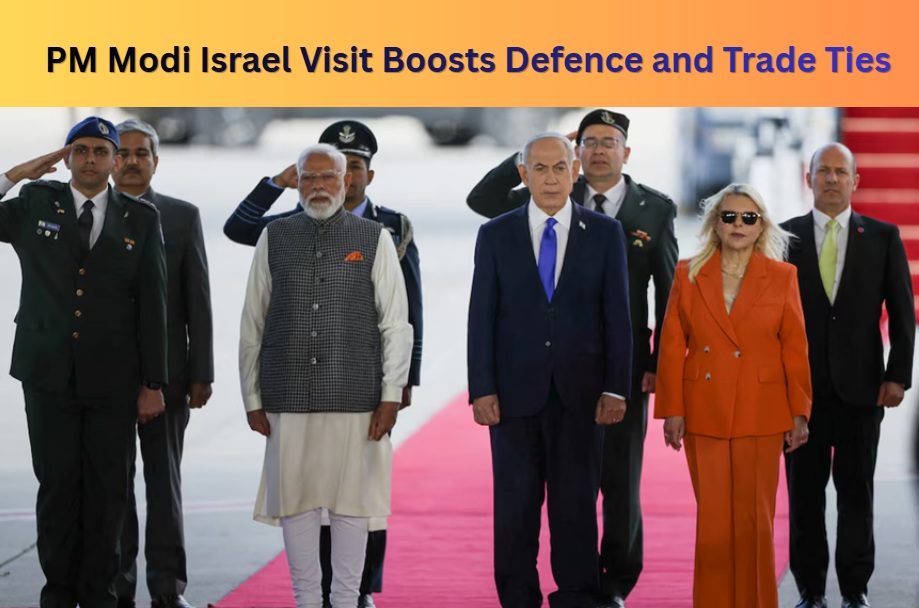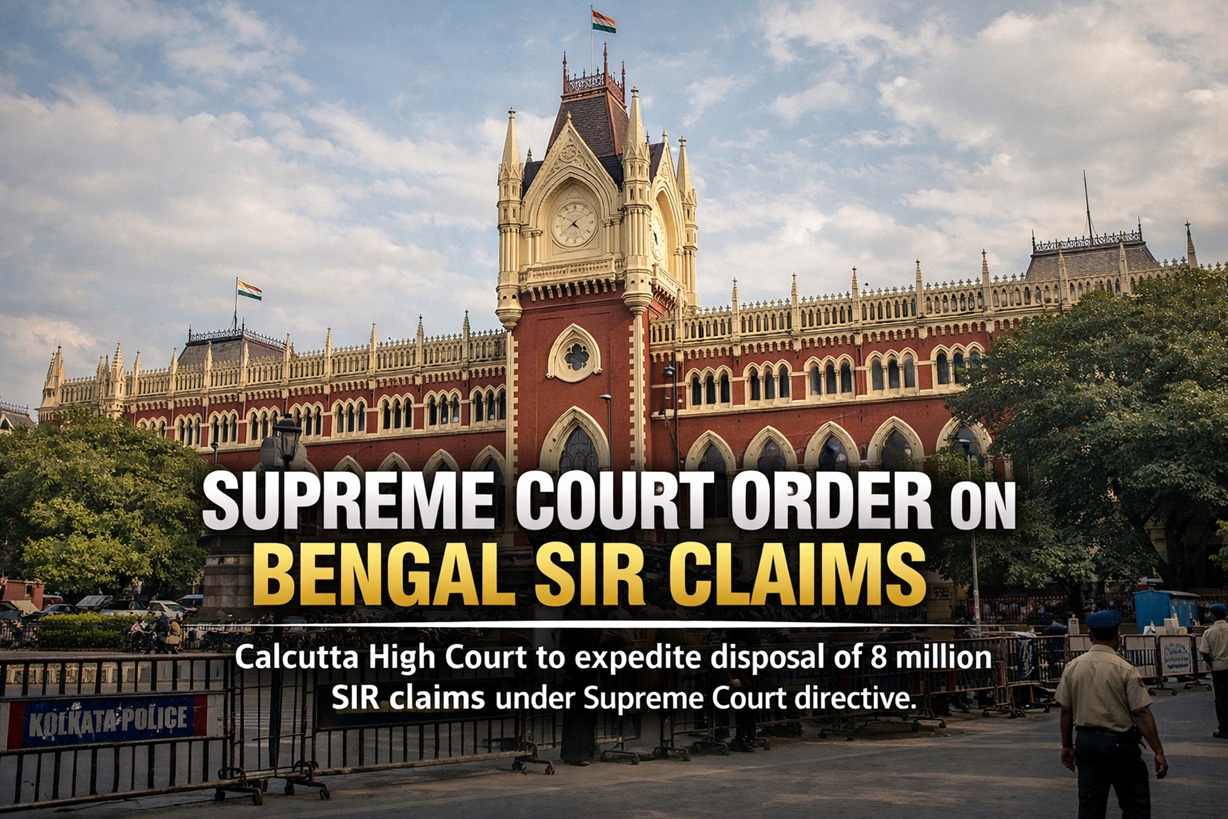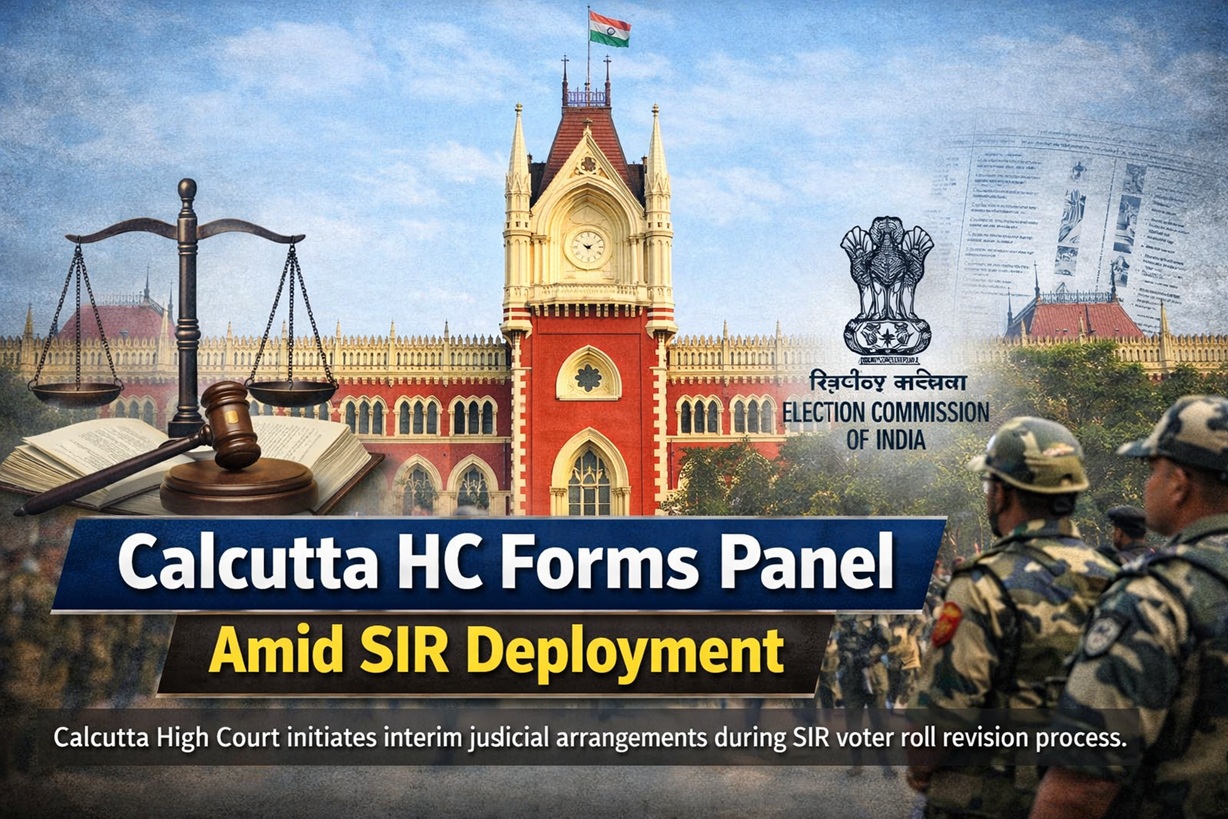In recent times, Prime Minister Narendra Modi has found himself the target of a concerted effort to undermine his global standing. Both domestically and internationally, Modi’s opponents are increasingly rattled by his achievements, leading to elaborate attempts to discredit him. A particularly striking example of this is a high-profile scandal involving the Federal Bureau of Investigation (FBI) in the United States. The case revolves around an individual named Nikhil Gupta, who has been thrust into the centre of a complex conspiracy designed to tarnish Modi’s reputation.
Who is Nikhil Gupta?
Nikhil Gupta is an Indian national who had been residing in the U.S. before his arrest from Czech Republic. Little is publicly known about his personal and professional life prior to the controversy, but he has been described as a businessman with various connections and engagements. His arrest has brought him into the spotlight, revealing a complex web of allegations and political machinations.
Nikhil Gupta is currently imprisoned in the U.S., and his case has attracted significant attention due to its implications. According to an interview published by the newspaper Sangaran from within Gupta’s cell, the FBI’s actions against him are not as straightforward as they might seem. Gupta claims that he is being used as a pawn in a larger scheme aimed at framing Modi. His arrest, he argues, is part of a broader strategy involving dirty tactics and political manipulation orchestrated by the FBI.
Allegations and Controversies
The primary allegation against Gupta is his involvement in a plot to assassinate a terrorist, specifically a Khalistani leader known as Pannu.
Plot to Assassinate a Terrorist: Gupta is accused of being involved in a plot to assassinate a prominent Khalistani leader named Pannu. Pannu is known for his separatist activities and incitement of violence in India through his videos. The allegations suggest that Gupta was part of a scheme to target Pannu, which has drawn attention to the U.S. involvement in supporting or harboring individuals who are perceived as threats to other nations’ stability.
Political Manipulation: Gupta claims that his arrest is part of a larger political conspiracy aimed at discrediting Indian Prime Minister Narendra Modi. He alleges that the FBI’s actions are not just about legal proceedings but are designed to manipulate political outcomes and undermine Modi’s global standing. Gupta asserts that he is being used as a hostage in a scheme to frame Modi and implicate Indian officials in false accusations.
The controversy surrounding Gupta’s arrest has highlighted several troubling issues:
Mistreatment and Poor Conditions: Gupta has reported severe mistreatment while in custody at the Metropolitan Detention Center (MDC) in Brooklyn. He describes the conditions as inhumane, including physical abuse and dangerous environment.
Legal Representation Issues: Gupta’s situation has been exacerbated by his lack of access to legal representation, raising concerns about his right to a fair trial. Gupta has faced significant challenges in securing legal representation. He has reported being denied access to a lawyer. His lack of legal support has compounded the difficulties he faces, both in terms of his treatment in custody and in navigating the legal system.
Political Motivations: Gupta asserts that his detention is politically motivated. He claims that he is being coerced into implicating Indian officials and others in false accusations. This assertion suggests that the case against him might be more about political maneuvering than about justice.
Criticism of the FBI
Further complicating the situation, a recent report from the U.S. Department of Justice, prepared by Inspector General Michael Irovin’s team, has heavily criticized the FBI. The 45-page report outlines significant systemic failures within the agency, including:
Inadequate Training: The FBI’s lack of proper training has been identified as a major issue.
Lack of Accountability: There is a notable absence of accountability within the agency.
Flawed Operational Structure: The report highlights a poorly structured operational framework that has contributed to the agency’s shortcomings.
In response to the report, the FBI has agreed to implement ten recommendations for reform. However, the fact that such criticisms have surfaced raises questions about the agency’s credibility and its role in the Gupta case.
Broader Implications
The Gupta case is set against a backdrop of complex international relations. The allegations against him and the FBI’s involvement are intricately linked with broader geopolitical dynamics involving India, the U.S., and other global actors. This situation has sparked a debate about the ethics of intelligence agencies and their influence on international diplomacy.
As the legal proceedings continue, the upcoming hearing on September 13 will be a pivotal moment. This hearing will likely provide further insights into the case and potentially reveal more about the extent of political manipulation and human rights abuses involved.
Conclusion
The case of Nikhil Gupta serves as a stark reminder of the complexities and often murky realities of international politics and intelligence operations. What began as a controversial arrest has now unraveled into a broader discussion about the integrity of institutions, the influence of global powers, and the lengths to which certain entities will go to achieve their objectives.
Gupta’s allegations against the FBI and the treatment he has received raise serious concerns about the balance between national security and human rights, as well as the role of intelligence agencies in shaping political narratives. As the world watches the upcoming legal proceedings, the outcome will not only impact Gupta’s future but could also set a precedent for how similar cases are handled in the future.
This unfolding saga highlights the delicate nature of international relations and the potential consequences of political maneuvering. It also underscores the importance of transparency, accountability, and justice in ensuring that power is not misused for political gain. The Nikhil Gupta case is more than just a legal battle; it is a reflection of the global struggle between truth and power, and the need for vigilance in upholding democratic principles in the face of such challenges.





